How the SusHi Tech Tokyo 2024 Global Startup Programme changed my view of Japan’s startup scene
With government incentives and a five-year plan that includes visa reforms, Japan's startup ecosystem is poised for a promising era of growth.
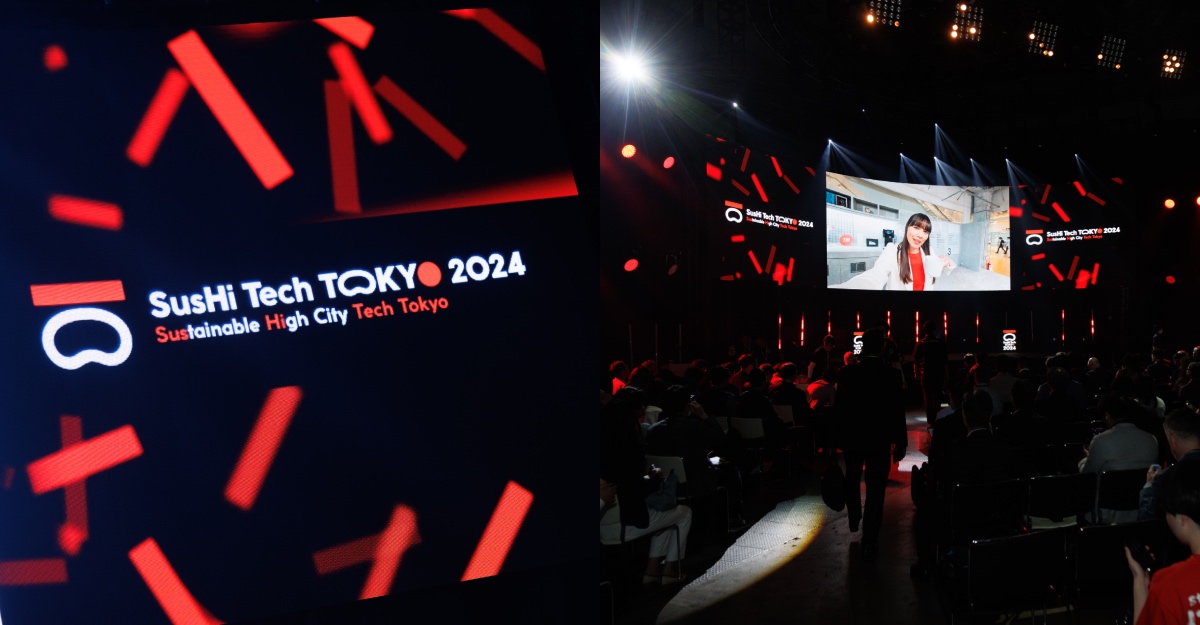
I’ve always envisioned Japan as a country where the majority of people are risk-averse—a country where stability is prioritised, with the norm being to join large, established corporations and pursue a path of “lifetime employment.”
So naturally, I never expected Japan to have a thriving startup ecosystem, nor did it ever come to mind that it could be a place where entrepreneurship flourishes. That is, until I was invited to attend the SusHi Tech Tokyo 2024 Global Startup Programme about three weeks ago.
But even then, I have to admit—I never truly grasped the scale of Japan’s strides towards innovation and entrepreneurship until I experienced it firsthand.
But first, what’s SusHi Tech Tokyo?
An abbreviation for “Sustainable High City Tech”, SusHi Tech Tokyo 2024 is a one-month event from April 27 to May 26 consisting of three programs: Global Startup Programme, City Leaders Programme, and Showcase Programme.
The Global Startup Programme, which is touted to be Asia’s largest innovation conference, took place over two days, May 15 and 16, at Tokyo Big Sight.
The first day commenced at 10:30am. I headed there about an hour earlier for a media tour of the conference hall, but even then, the venue was already bustling with attendees.
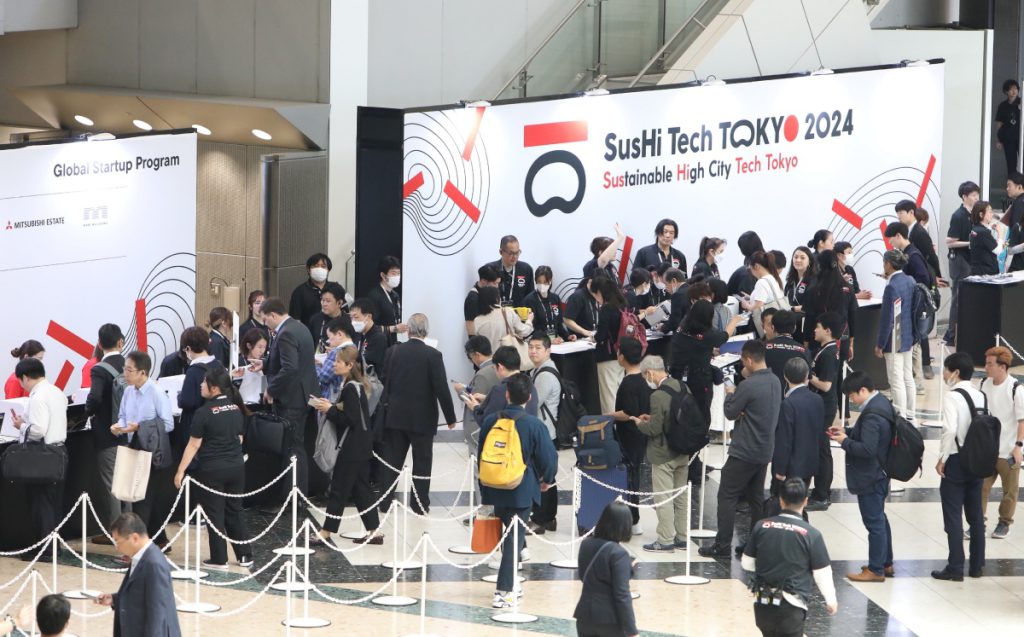 The SusHi Tech Tokyo 2024 Global Startup Programme saw over 40,000 attendees/ Image Credit: Tokyo Metropolitan Government
The SusHi Tech Tokyo 2024 Global Startup Programme saw over 40,000 attendees/ Image Credit: Tokyo Metropolitan GovernmentWith how busy the place was, it was hard finding a seat for Governor Yuriko Koike’s opening speech, where she expanded on the goals of SusHi Tech Tokyo 2024.
According to Governor Koike, the event is part of Tokyo’s ambitious “10 by 10 by 10” initiative, which targets significant growth across three key metrics by 2028: a tenfold increase in unicorns emerging from Tokyo, a tenfold rise in startups originating from the city, and a tenfold boost in public-private collaborative projects with startups.
During her speech, the Governor also announced the official opening of the Tokyo Innovation Base (TIB), a startup campus where entrepreneurs can forge strategic partnerships with key industry players in Tokyo.
I had the opportunity to visit TIB the day before—located in the heart of Tokyo, it features three whole floors of co-working spaces and even a function hall for events. Startups, no matter what stage they are in their journey, can access invaluable services here, from pitch training sessions to one-on-one consultations.
Traversing a sea of startups and VCs
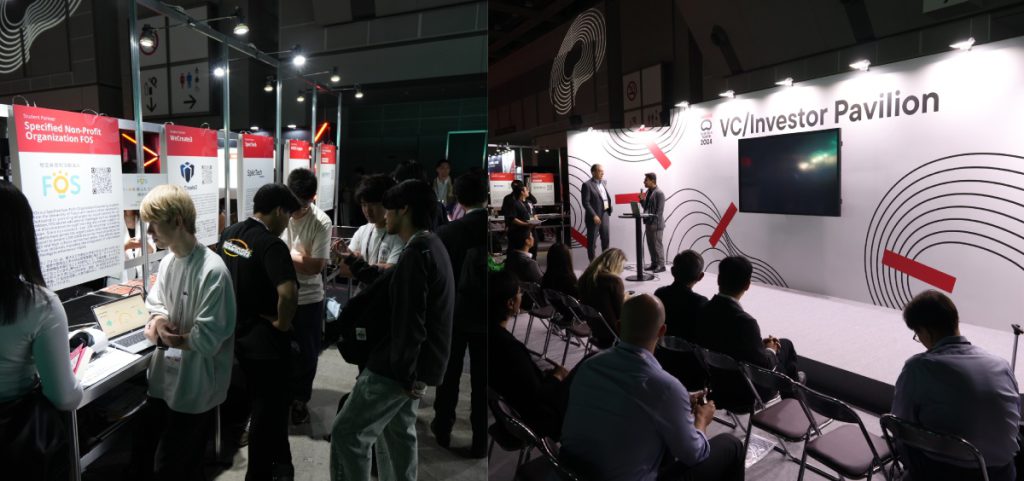 Image Credit: Tokyo Metropolitan Government
Image Credit: Tokyo Metropolitan GovernmentAfter the Governor’s opening speech, I found myself wandering aimlessly through the various sections of the convention hall.
I walked past an investor pavilion, a space where startups can easily network and connect with VCs from all over the globe; a “market” pavilion, where countries like Hong Kong, Switzerland, and France got to showcase their dynamic startup ecosystems and expose their homegrown startups to global business opportunities; and even a student pavilion, providing opportunities to students who are interested to become an entrepreneur.
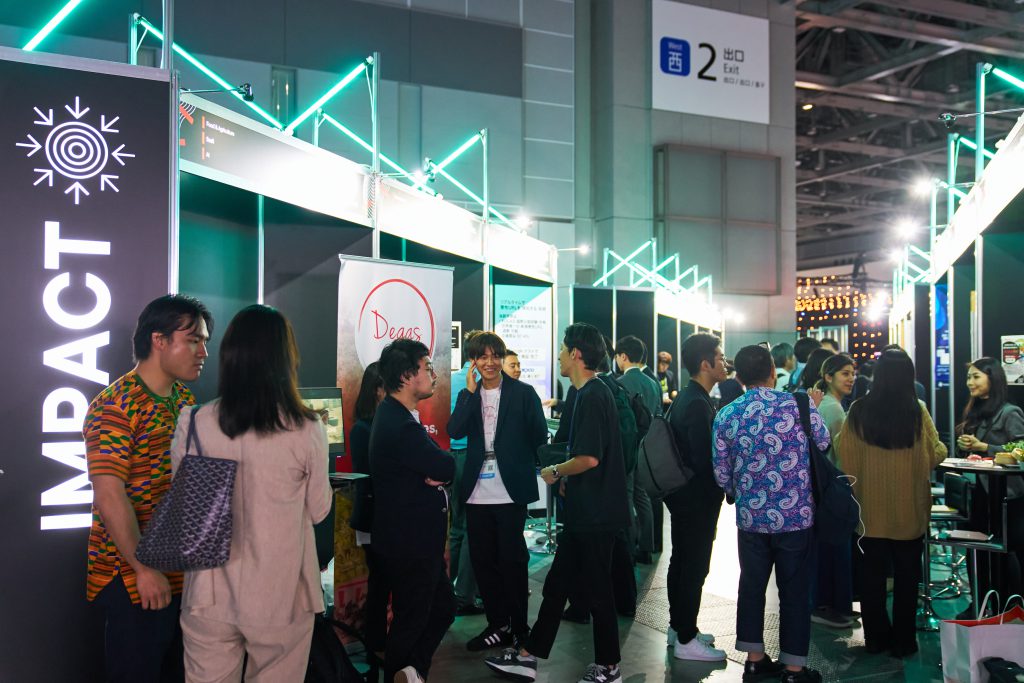 Up till the end of the SusHi Tech Tokyo 2024 Global Startup Programme, the convention hall remained crowded/ Image Credit: Tokyo Metropolitan Government
Up till the end of the SusHi Tech Tokyo 2024 Global Startup Programme, the convention hall remained crowded/ Image Credit: Tokyo Metropolitan GovernmentRows of startup booths were also scattered throughout the convention hall. Amid the bustling crowd, I quickly found myself lost in the sea of startups; after all, over 490 local and international companies from 40 cities were exhibiting their latest innovations at the space.
One standout was Entomal, a Malaysian startup that uses insects to treat waste and make pet and human food. I was offered a taste of their insect larvae chips; although they smelled really good, I passed, but other attendees who tried them assured me they tasted great, so I took their word for it.
Entomal was also one of the five Southeast Asian startups to make it to the semi-finals of the SusHi Tech Challenge — Asia’s largest pitch contest — which also was held during Global Startup Programme. Though they progressed to the finals, Fermentstation, a Japanese fermentation technology startup, ultimately clinched the grand prize of JP¥10 million.
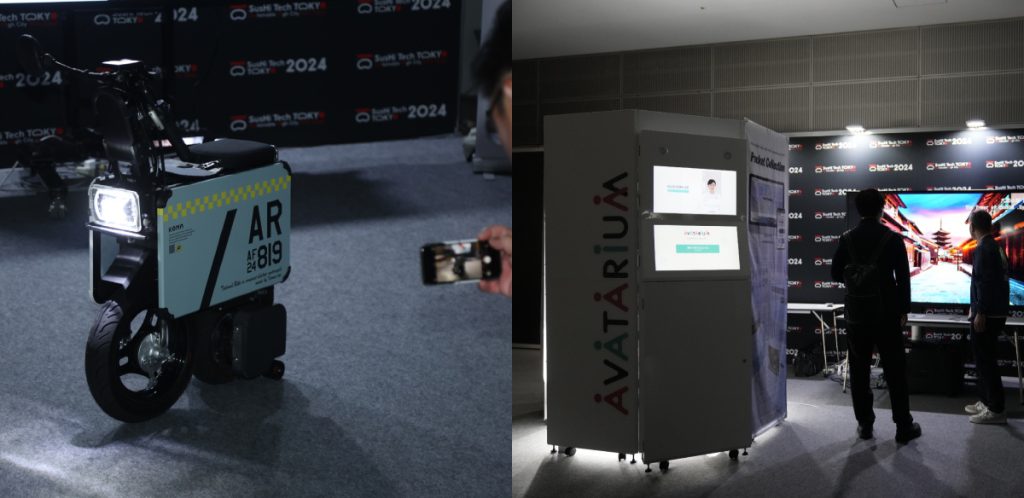 ICOMA’s foldable electric bike (pictured left) and Pocket RD’s Avatarium (pictured right)/ Image Credit: Tokyo Metropolitan Government
ICOMA’s foldable electric bike (pictured left) and Pocket RD’s Avatarium (pictured right)/ Image Credit: Tokyo Metropolitan GovernmentAfter what seemed like hours, I finally made my way to the demo booths—spaces where startups can showcase their creations, like Japanese startup ICOMA‘s foldable electric bike, and Pocket RD‘s Avatarium—a fully automated production and editing platform that enables you to create a hyper-realistic 3D avatar of yourself within minutes, complete with intricate details like articulated fingers, by using just a couple photographs.
A promising era of growth for Japan
After spending most of the first day talking to founders, I dedicated the majority of the second day to attending keynote sessions.
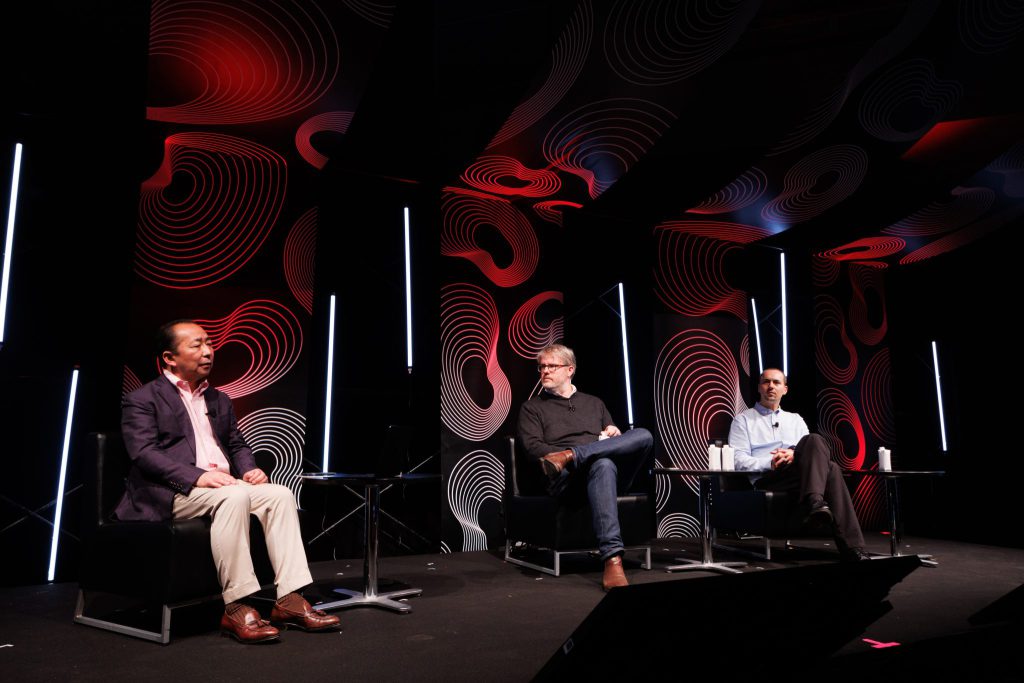 Image Credit: Tokyo Metropolitan Government
Image Credit: Tokyo Metropolitan GovernmentOver 40 keynote sessions were held in the conference hall, with more than 130 speakers covering topics spanning the global startup landscape and how countries like Japan can foster a growth-orientated environment for innovation and startups.
At one session, Marc Penzel, the founder of research and policy advisory organisation Startup Genome and venture capitalist Mike Jackson, took to the stage to share insights on the evolution of the global startup ecosystem over the past decade, and how Japan is poised for a startup boom.
Other speakers discussed the role of accelerators and startup ecosystems around the globe (like Singapore’s BLOCK71 and Japan’s TIB) in driving the success of startups.
To close things off, Governor Koike reiterated Japan’s efforts to integrate more deeply into the global startup landscape—the next stage in its startup ecosystem development and innovation strategy.
As I sipped on my cup of iced coffee from Root C (which I got from an AI-powered robotic vending machine at the venue), it finally dawned on me that Japan’s startup scene is undergoing a dynamic transformation.
Although Japan’s startup world still remains small by global standards, the country has so much more potential. In a growing economy amid an ageing society, there are multifaceted needs for innovation—and there is plenty of room for those who want to explore and innovate.
With government incentives and a five-year plan that includes visa reforms and tax benefits, the local ecosystem anticipates a surge in funding, international collaboration, and opportunities for entrepreneurs, signalling a promising era of growth for the country.
In any case, I’m looking forward to what’s next in store for SusHi Tech Tokyo next year. I’m glad to have gained exposure to the Japanese startup scene (thanks to TMG, and the wonderful people behind The Hoffman Agency) and I anticipate even more innovative ideas, inspiring entrepreneurs, and exciting developments in the coming years.
Featured Image Credit: Tokyo Metropolitan Group

 Aliver
Aliver 
































